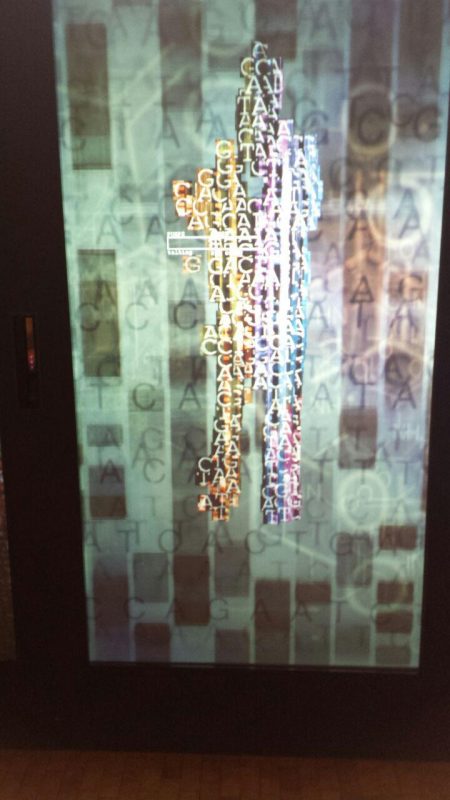Androids, if they were to come into existence, would be the outcome of scientific and engineering ingenuity and thus be products of past living labour. Although the androids might be Turing-compatible, Voight-Kammpf cheating and Asimov-law abiding, they would be dead labour. Indeed as outcomes of a capitalist production process they would surely be commodities, objectifying a quantity of value and have particular uses for business, comfort or pleasure. In other words, androids would be very advanced machinery and Marx is quite clear that machinery cannot produce surplus value.
Drawing on John Johnston’s (2008) analysis of artificial life theory and experiments, this paper will explore whether androids or artificially intelligent robots can create surplus value. It will do so by interrogating and critiquing the key Marxist categories of labour and value. In this science-fictional quest to discover value producing androids, I will consider Marx’s problematic vitalism or whether there is something else specific to Man that is necessary for his value theory. I will consider Marx’s vitalism, and the android from the point of view of the labour process and valorization process before suggesting that under certain conditions androids can in fact produce value. These conditions have nothing to do with the peculiarity of either Man or machine, but rather with what value is and how it functions in Marx’s theoretical framework. Although Marx could be charged with vitalism, I will conclude that this aspect of his theory can be understood as referring to the life of capital and that in this context labour is negentropic to capital’s entropy. An implication of this exploration is that capitalism is alive and that it could reproduce itself without the existence of the human race.
read here

